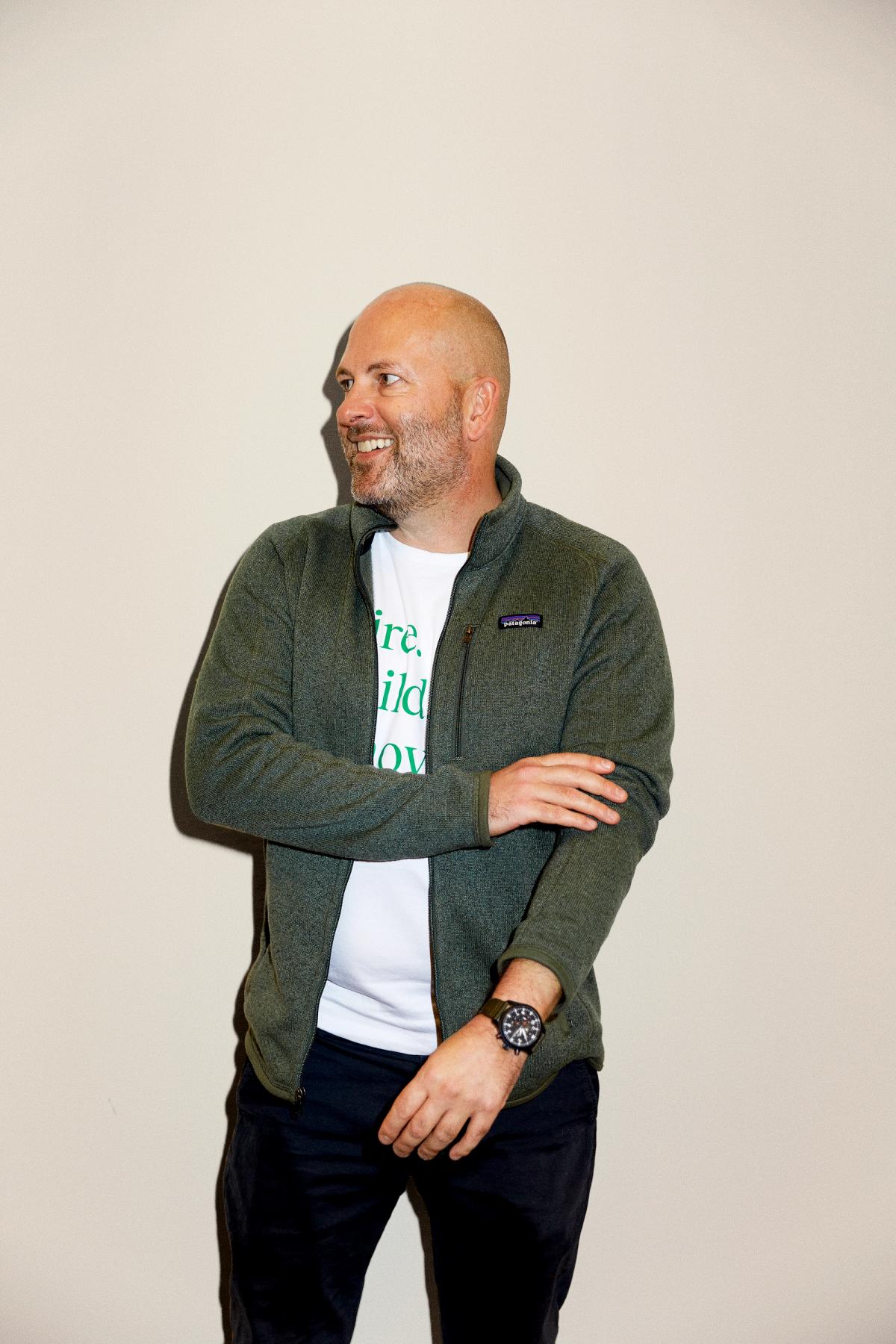How to do the perfect interview as an employer

Recruitment is hard, and one of the most difficult disciplines to master is the interview. Interviewing (well!) requires a combination of structure, creativity as well as strong knowledge about not only the role itself, but also about what you expect this candidate to accomplish. You also need a strong understanding of best practises and how the role has evolved over time, and how it will evolve in the future. In other words — if you’re hiring a product manager, what is the “right” way of doing product?
To do a structured interview providing you with the information you need to vet the candidate, a fair amount of preparation is needed. I’ll go through that preparation as well as provide some tips and tricks, as to how you can perfect your interview style.
Preparation
At Advenio we always start a process with what we call a Hiring Kick Off. A Hiring Kick Off is essentially an interview with the hiring manager, as well as relevant stakeholders, to align on the role. This covers everything from format of the role, performance metrics, organisational structure, compensation, interview plan and a lot more — more on that in a later post. Doing this initial exercise is incredibly important, and not doing it is setting yourself up for failure. You cannot know when you have found the right candidate, if you do not know what you are looking for.
Understanding the role itself is also very important. If you work in talent/HR, there might be a very strong focus on personality and culture fit, and less focus on experience and skillset. Regardless if you work in talent, or if you are a hiring manager, understanding the role is crucial. As an example: if I want to brush up on what a product manager actually does, and what constitutes a great product manager, I would read “Inspired” By Marty Cagan. I’m currently doing a Product Marketing Manager for a client, and in this case “Loved” by Martina Lauchengco is a great read. There are some many opportunities to become more knowledgeable within a specific field, such as blogs (hallo, Medium!), newsletters, podcasts as well as my all time favorite — books. So if you want to come prepared, read a book!
Prepare for each individual interview by creating hypotheses about the candidate. What are your concerns? What are the gaps? Where should you deepdive and invest more time? If you are interviewing a product manager with a great track record (but limited leadership experience) for a head of product, it would probably make sense to focus some of your questions on the leadership part. And since this person will lead a team, and be part of defining how the organisation works with product, it would probably also be beneficial to understand their product philosophy — how do they work? What do they read? Have they read “Inspired”, or another great book about product, and what do they think? Where do they get their inspiration? 45–60 minutes passes by awfully fast, especially if you’re not asking the right questions.
After you have prepared yourself, it’s time for the actual interview. I find that it is a great idea to use a framework, which helps you structure the interview and cover all the necessary areas. If you read my post about interviewing as a candidate, you might have already seen this framework:
Advenio behaviour model
Regardless of the framework you use, it is beneficial to follow a structure and prepare some questions beforehand.
Interview
Start by setting the scene and make the candidate comfortable. Let them know how how much time you will use, offer them a (virtual) coffee, and present yourself and whomever might be in the interview. Outline the areas you will cover, and give them a brief overview/pitch of the company and the role.
Be mindful of your body language and behaviour. I once ran training sessions for a large bank in the Nordics, which had problems attracting and hiring the right talent. Management decided that all managers over a certain level, had to attend a one day workshop, which included hiring strategy, interview process, tooling, as well as interview training. One hiring manager had her interview notes in a folder, which she would open when the interview started, and start taking notes. When she decided that she had enough information, she would simply close the folder again — and if the candidate wasn’t relevant, she would make a large X on the notes, sometimes after just 10 minutes. She didn’t attempt to be rude, and it simply did not occur to her, that it might come across in a very negative way. She was chocked when she realized, that she had had this behaviour for years. So again —be mindful of your body language and behaviour.
Unstructured interviews with poor notes have very little value, especially if you are more than one interviewer. If your questions and your process are not consistent, you will be comparing apples with pears. Write down as much information as you can, while not loosing the connection with the candidate, and make sure that you cover everything you wanted to cover (remember the hypotheses we talked about).
Align on the role with the candidate. Depending on the information they received before the interview (which sometimes is just reading a job description), you and the candidate may — or may not — see the role in the same way. Have you made expectations for this role, such as performance metrics, traveling, remote/hybrid/onsite etc. clear? Have you aligned on compensation?
Allow the candidate to ask questions about the role and the organisation, culture and the people they would be working with. If you cannot answer those questions, let the candidate know whether you will get back to them, cover them during the next round, or something else.
Outline potential next steps and timeframe. The candidate might be in another process (remember to ask!), be traveling or otherwise unable to follow the process you planned.
Before ending the interview, try to remember if you have covered everything — otherwise there’s always time for one more question.
Post — interview
I find it useful to reflect after each interview. What went well? What did not go as anticipated? Did I get the information I needed?
And one of the most important things to do is to rate the candidate. On a scale from 1–10, how strong a fit is this candidate? Can I use this candidate as a benchmark? Am I looking for more candidates on this level? More or less senior?
I hope this helps you do better and more structured interviews, which will in turn help you hire the right candidate. If you have questions or thoughts, feel free to share!
